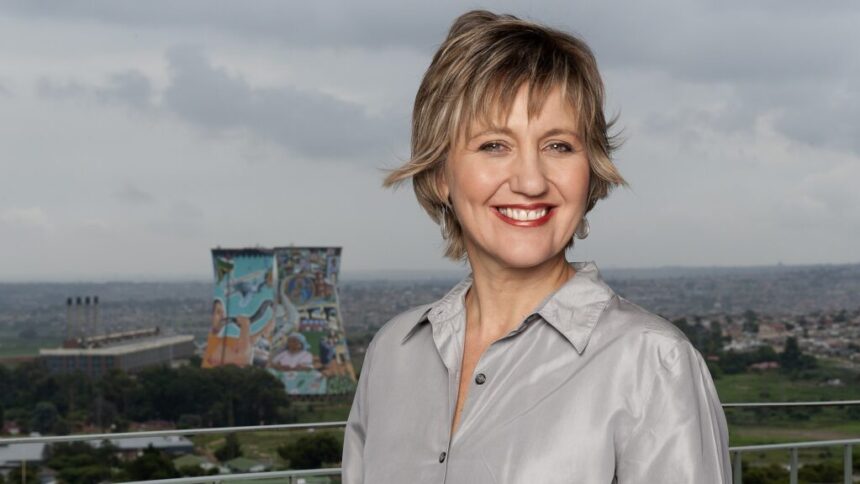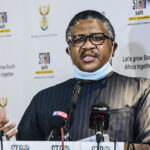What can be done to address this funding crisis and ensure that important research and public health programs continue?
It is imperative that the funding freeze is lifted immediately to prevent further damage to critical research programs and public health initiatives. Advocacy efforts are needed to raise awareness of the impact of these funding cuts and to pressure policymakers to prioritize global health funding. Additionally, alternative sources of funding should be explored to ensure that vital programs can continue without interruption.
Collaboration between governments, research institutions, and NGOs is crucial to address the challenges posed by funding cuts and to find sustainable solutions for ongoing research and public health efforts. By working together and advocating for the importance of these programs, we can help ensure that progress in HIV vaccine development and other essential health initiatives is not derailed by funding crises.
It is clear that the consequences of funding cuts extend far beyond individual research projects or clinical trials. The ripple effects can be felt throughout entire communities and populations, impacting the health and well-being of countless individuals. By recognizing the broader implications of funding cuts and taking action to address them, we can work towards a future where vital research and public health programs are adequately supported and able to fulfill their important missions.
In conclusion, the freeze on funding for the HIV vaccine trial in South Africa highlights the urgent need for sustained support for global health initiatives. By lifting the freeze and ensuring continued funding for critical research programs, we can move closer to our goal of ending the HIV epidemic and improving health outcomes for all.
The lack of diagnosis and treatment for pregnant women can have devastating effects on their unborn children, leading to pediatric HIV and increased morbidity and mortality in those children. This issue is exacerbated by the recent withdrawal of USAID funding, which has left many healthcare programs in disarray.
The sudden loss of funding has created a sense of desperation among healthcare providers, as replacing $45 million in funding is a daunting task. While efforts are being made to secure alternative sources of funding, the scale of the programs affected makes it nearly impossible to fully replace the lost support.
Elon Musk’s controversial comments about “feeding USAID into the wood chipper” have raised concerns about his influence on global healthcare aid. Some speculate that his actions are targeting South Africa, where he was born and raised. However, critics argue that Musk lacks an understanding of the devastating impact of diseases like HIV and TB in the region, as he left before the peak of the epidemic.
South Africa, with the largest antiretroviral program in the world, plays a crucial role in global HIV control. The importance of addressing these healthcare challenges in the country cannot be understated. Musk’s apparent disregard for public health issues in South Africa has raised questions about his priorities and commitment to addressing global health crises.
In conclusion, the lack of funding for healthcare programs in South Africa poses a significant threat to the well-being of pregnant women and their children. Efforts to secure alternative funding sources are underway, but the loss of USAID support has created a challenging environment for healthcare providers. It is essential for stakeholders to come together and find sustainable solutions to ensure the continuity of critical healthcare services in the region.








